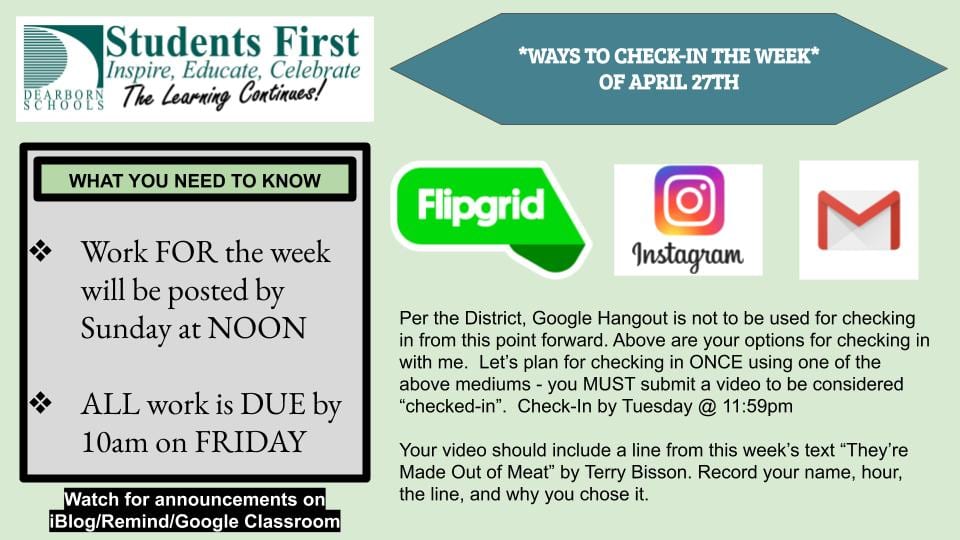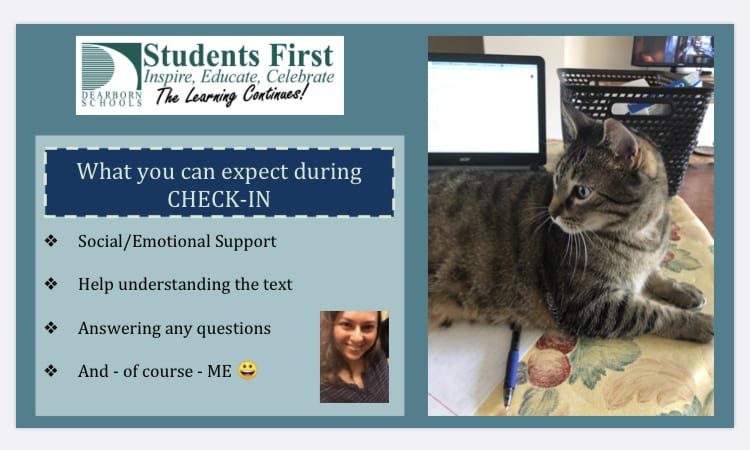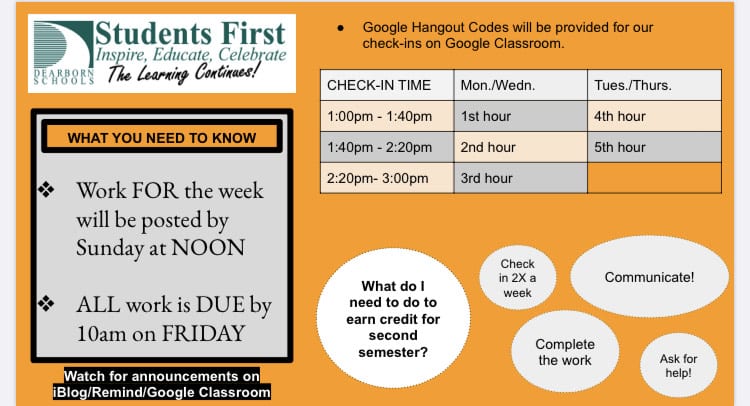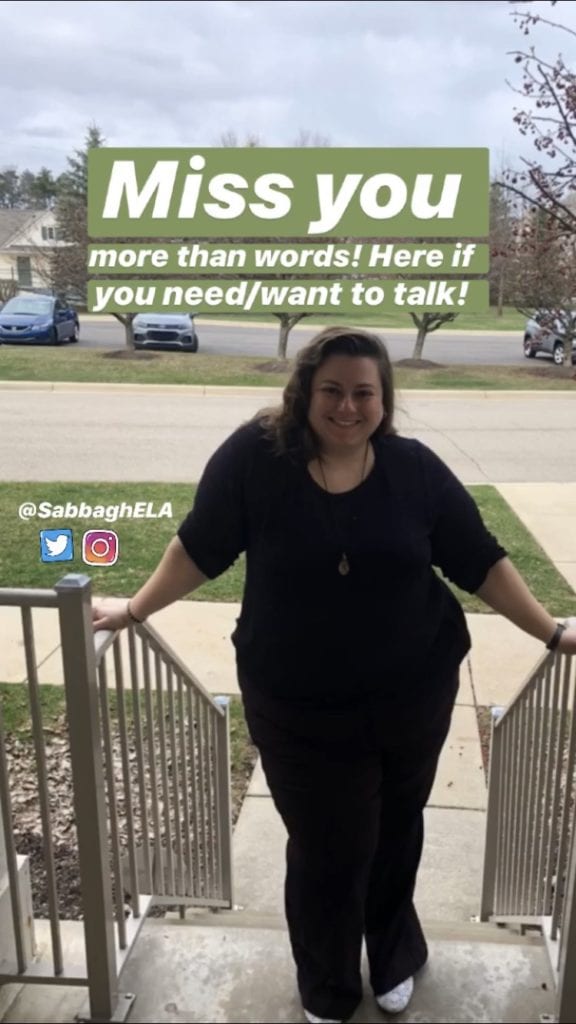Growing up, I was a book worm. I remember my dad reading Sesame Street and making voices for Count Dracula and Cookie Monster. My mom, so fiercely proud of her culture, would read nursery rhymes in French.

I graduated to reading Babysitter’s Club and Nancy Drew. In middle school, my favorite authors were Joan Lowrey Nixon, Caroline B. Cooney, and Lois Lowry. I read The Giver more times than I can count. Much to my mother’s horror, I delved into the fantastical worlds created by R.L. Stine and Christopher Pike, when she desperately wanted me to read classic novels by Charles Dickens and Jane Austen. I discovered author L.J. Smith (of the famed Vampire Diaries) and inhaled every book she wrote. My favorite English teachers, Mr. Schusterbauer and Mr. Gruber, introduced me to Alice Hoffman and Wuthering Heights respectively. In college, I discovered romance novels and may have failed a couple of science courses because I was reading Nora Roberts or Linda Howard, instead of studying for physics and microbiology. I finally tolerated Shakespeare due to my eccentric teacher Mr. Michael Rex.
I have books in every room of my house. And I will confess – I would rather pick up a familiar favorite, then try a new book. I will be the first to share that I like what I like – and that my closed-mindset is definitely prohibitive of me being as knowledgeable as I’d like to be about works of literature.

As a teacher, I have the privilege/responsibility of sharing different texts with my students. If I could change anything about the Language Arts curriculum, it would be to return to reading. However, it is what it is, and I do the best I can.
When our continued remote learning plan was approved, we had eight weeks remaining of the 2019-2020 school year. I pushed to share Elie Wiesel’s Holocaust memoir Night with my students – but was advised against it due to the topic and emotional labor of reading such a heavy text. (Needless to say, I was disappointed.) The Language Arts department instead decided to offer students a different short story every week. The reader in me was thrilled – because finally we had an opportunity to expose our kids to worthy texts. (But you should still read Night one day soon!)
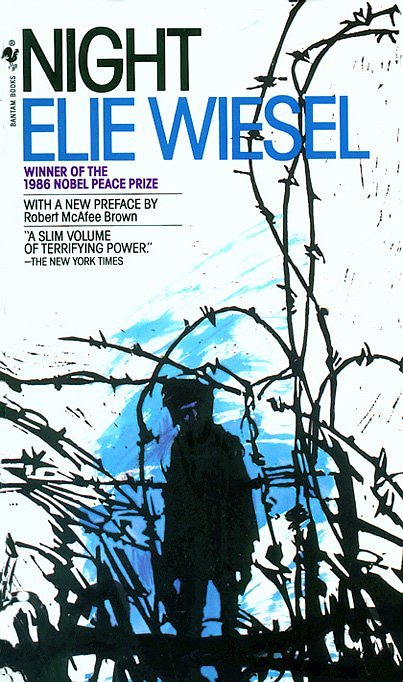
Our first short story was an excerpt from Jeanette Walls’ memoir The Glass Castle. I don’t typically read memoirs – but read this entire memoir last summer. Walls’ superior use of pathos to emotionally manipulate her readers is alarmingly effective. As a writer, I was excited to share Walls’ writing with our students.
I mean, look at the first line, “I was on fire. It’s my earliest memory.” Immediately the reader has questions. How old was she? Why was she on fire?
Of course, as teachers, we have to ask students questions to engage their thinking with the story. Below I will breakdown some of the biggest gaps from the work submitted last week.
#6: The word “singed” most nearly means: I could tell many students did not go back to the text to read the question. One of the most common responses for this question was “Singed most likely means to sing lyrics” First of all, the past tense of sing, is sung. And here is the line from the text, “I screamed. I smelled the burning and heard a horrible crackling as the fire singed my hair and eyelashes.” Had they gone back to the text they could have used context clues to figure out that singed means to burn slightly.
#10: ” Afterward, a nurse asked me if I was okay. “Of course,” I said. I told here I didn’t care if I had some silly old scar. That was good, she said, because from the look of it, I had other things to worry about.” A lot of students missed where the nurse was coming from with her statement. This was a really good example of reading, or implicit understanding of the text. A lot of students didn’t understand that Walls’ perception of her reality is very different from the medical professionals taking care of her. Remembering that the incident was being retold from the perspective of a child helps in explaining the unawareness of said child.
Even the way Walls’ chooses to end this chapter, “‘You don’t have to worry anymore, baby,’ Dad said. ‘You’re safe now.'” How do we define “safety”? Everyone reading this excerpt can’t help but worry about the three year old.
If you enjoyed the excerpt, you can access the whole novel here. Between you and me, I enjoyed Walls’ true-life novel about her mother’s upbringing Two Broke Horses immensely!! I literally could not put that novel down! Thanks for reading. – SMS

